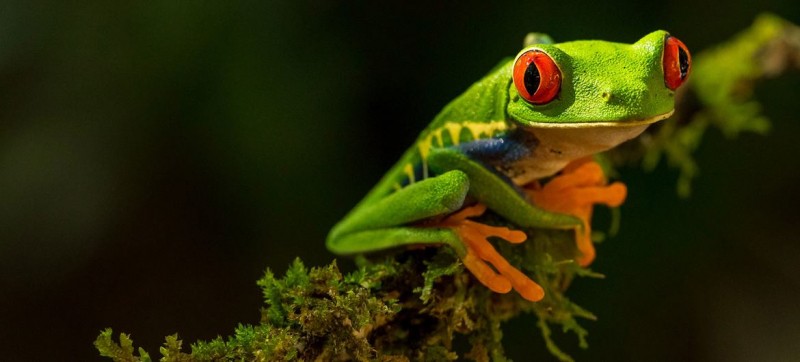Biological diversity across the world is under threat due to climate change. Three-quarters of the land-based environment and about 66% of the marine environment have been significantly altered by human actions. On the International Day for Biological Diversity, the UN Secretary-General urged to end the ‘senseless and destructive war against nature’. “Biodiversity is essential for achieving the Sustainable Development Goals, ending the existential threat of climate change, halting land degradation, building food security and supporting advances in human health”, said António Guterres in a statement. The UN chief highlighted that biodiversity offers solutions for green and inclusive growth and, this year, governments will meet to agree on a global biodiversity framework with clear and measurable targets to put the planet on the path of recovery by 2030. “The framework must tackle the drivers of biodiversity loss and enable the ambitious and transformative change needed for living in harmony with nature by effectively protecting more of the world’s land, freshwater and oceans, encouraging sustainable consumption and production, employing nature-based solutions to address climate change and ending harmful subsidies that damage the environment”, he highlighted. An orphaned gorilla released in its new habitat, in eastern Democratic Republic of Congo. Healthy gorilla populations are becoming increasingly isolated due to habitat loss and conflict across the region. Guterres added that the global agreement should also mobilize action and financial resources to drive concrete nature-positive investments, ensuring that we all benefit from the dividends of biological diversity. “As we accomplish these goals and implement the 2050 Vision for “living in harmony with nature”, we must act with respect for equity and human rights, particularly regarding the many indigenous populations whose territories harbour so much biological diversity”, he emphasised. The UN chief said that to save our planet’s indispensable and fragile natural wealth, everyone needs to be engaged, including youth and vulnerable populations who rely the most on nature for their livelihoods. Building a shared future for all life is precisely this year’s focus for the International Day, in line with the United Nations Decade on Restoration. Plants are responsible for 98 percent of the oxygen we breathe and make up 80 percent of our daily calorie intake. Biological diversity resources are the pillars upon which we build civilizations. Fish provide 20 per cent of animal protein to about 3 billion people; plants provide over 80 per cent of the human diet; and as many as 80 per cent of people living in rural areas in developing countries rely on traditional plant‐based medicines for primary healthcare. Yet, about 1 million animal and plant species are now threatened with extinction. Loss of biodiversity threatens all, including our health. It has been proven that biodiversity loss could expand zoonoses – diseases transmitted from animals to humans- while, on the other hand, if we keep biodiversity intact, it offers excellent tools to fight against pandemics like those caused by coronaviruses. If current negative trends in biodiversity and ecosystems are not addressed soon, they will undermine progress toward 80% of the assessed targets of 8 Sustainable Development Goals.
Living in harmony with nature
“Today, I call on all to act to build a shared future for all life”, he concluded.
Why is biodiversity important?
The World Organization for Development has been endowed with consultative status with the UN ECOSOC since 2014. The World Organization for Development, which has consultative status wich the UN ECOSOC, develops and implements Global Initiatives to achieve the UN Sustainable Development Goals.




Comments are closed.